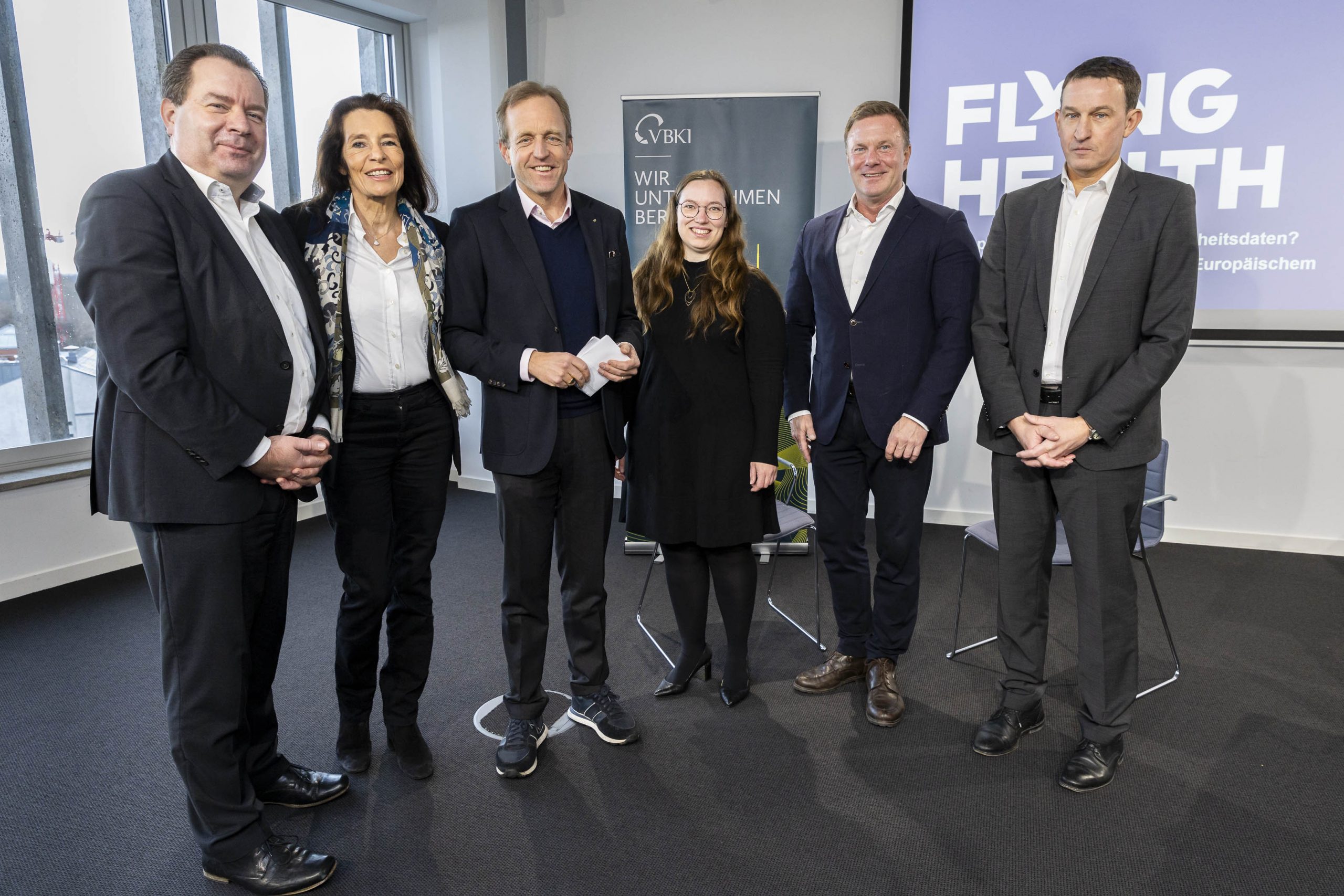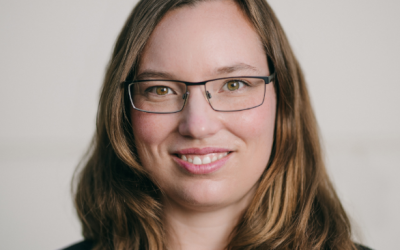The end of paperwork
European Health Data Space: Healthcare Lunch on the digitalization of patient data
Text Philip Zettl | Policy Officer
Markus Leyck Dieken, outgoing Managing Director of gematik, and Laura Wamprecht, Managing Director of Flying Health, outlined three major challenges in the healthcare sector: digitalization, demographics and sustainability. More healthcare data is urgently needed for all three topics.
Until now, this data has mostly remained an untapped treasure in Germany. Laura Wamprecht spoke of "paperwork" and "flying blind in diagnostics and therapy decisions". No doctor knows what the other has already done, previous illnesses or existing medication plans are unknown to new doctors, expensive duplicate examinations are carried out. The same applies to research and development.
But there is improvement in sight: the European Health Data Space and the German Health Data Utilization Act. In future, data should be available for healthcare and research in accordance with uniform standards. In Germany, the e-file and the e-prescription have been introduced for this purpose. An overdue step, as Markus Leyck Dieken noted: Germany is the 18th country to have introduced the e-prescription, in France e-prescriptions can already be filled in five other EU countries and Denmark has already had a mandatory e-file for all insured persons for almost 15 years. In Germany, on the other hand, there will be an opt-out option.
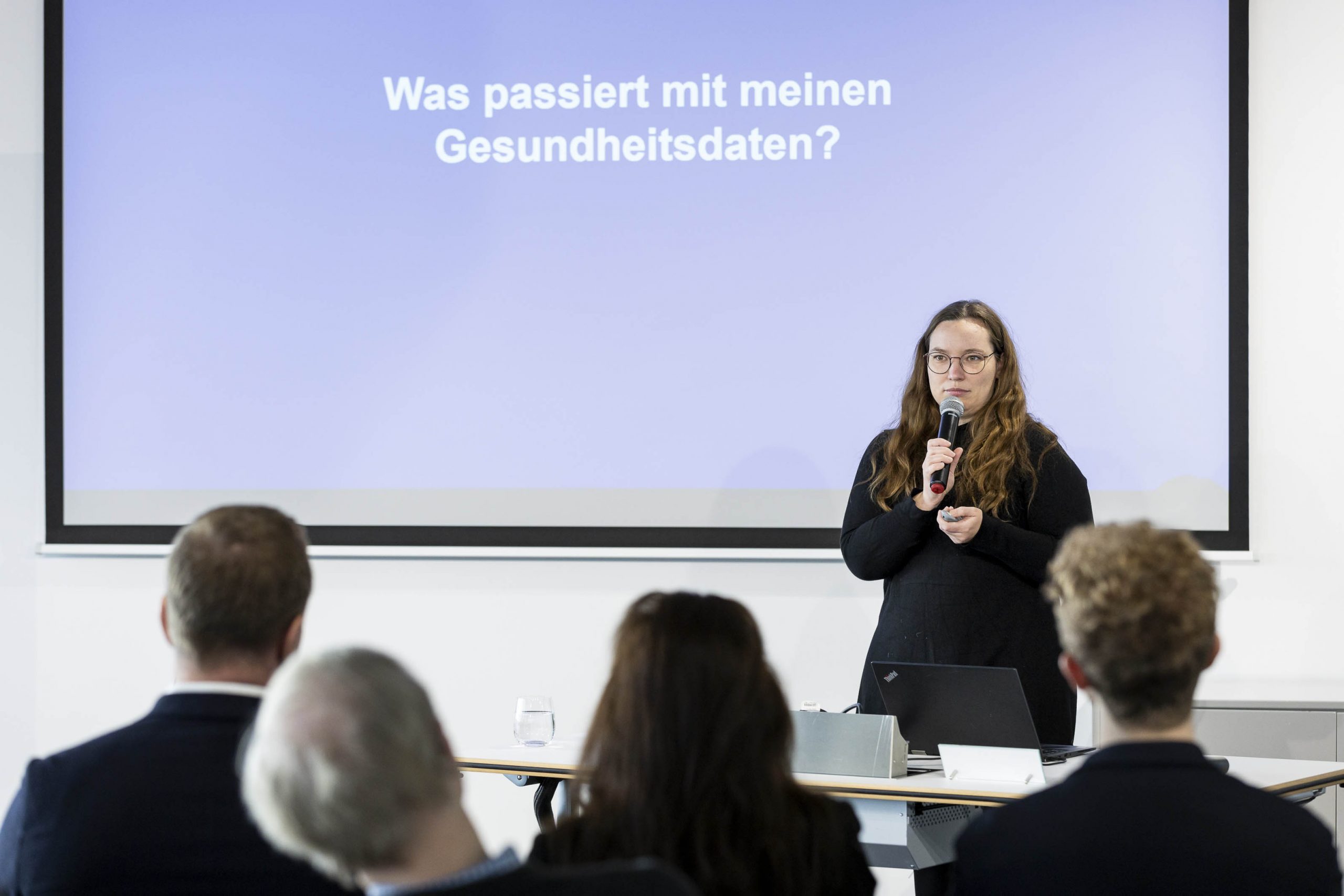
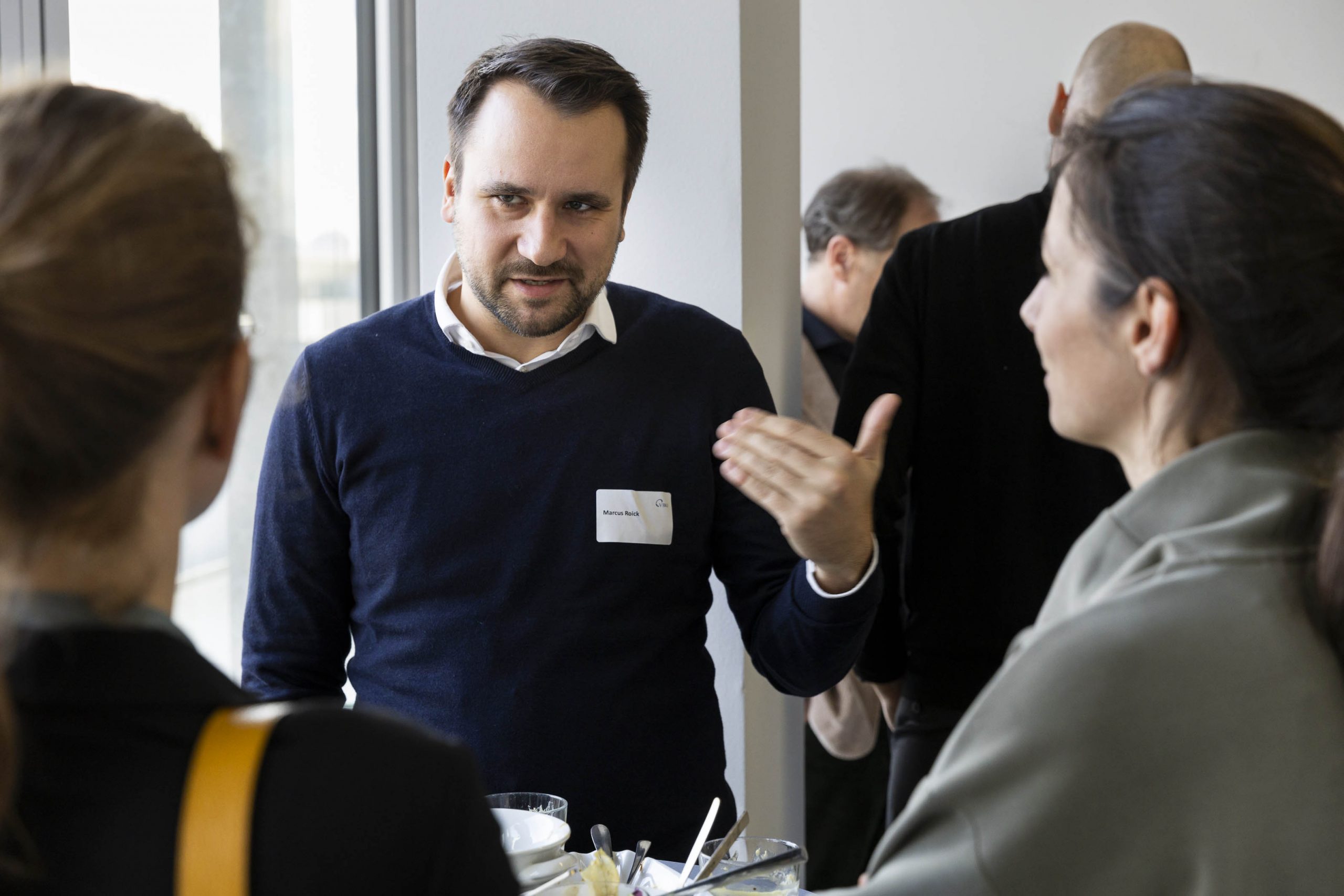
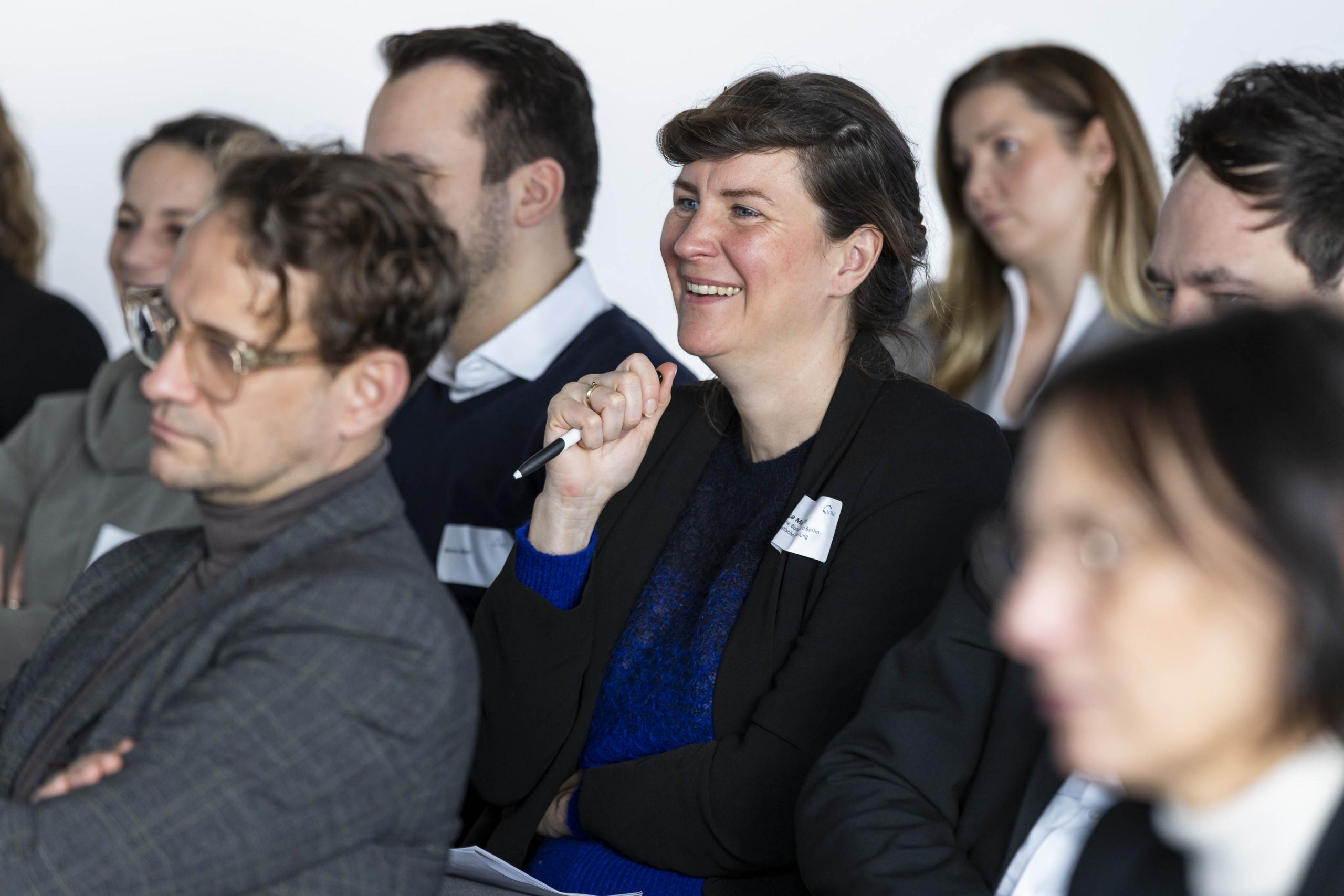
"A step that is long overdue."
Markus Leyck Dieken, Managing Director of gematik on the introduction of the e-file and the e-prescription in Germany
One reason: Germans' fear of data leaks. Paper is not necessarily more secure than the cloud, explained Laura Wamprecht: a doctor's patient file could be stolen, burnt or become illegible due to water damage. The belief that other countries want to learn from our strict security standards is a misconception. Other countries find it easier than Germany to strike a balance between security and pragmatism when it comes to digitalization. Germany is putting the brakes on the development of the European Health Data Space.
In addition, Markus Leyck Dieken added, the patient is left alone with a paper file: "Nobody tells you not to use this medication for your medical history. But you are also not helping anyone else with your data, for example in the context of studies on the effectiveness of preventive examinations." BioNTech would have moved parts of its research department abroad due to a lack of data availability, among other reasons.
What's next? Markus Leyck Dieken and Laura Wamprecht are optimistic and ended the Healthcare Lunch with a soccer comparison: the game is already underway and the EU is leading 1:0. It has forced Germany to change its strict digital law so that more data has to be shared. "I believe," said the gematik CEO, "that the EU can win."
Thanks to Dr. Harald Hasselmann and the Healthcare Committee for organizing the Healthcare Lunch and to Mazars for the event cooperation.
Impressions
To the picture gallery: Please click here "
You might also be interested in
"The prophet counts for nothing in his own country"
Businessbreakfast with Science Senator Dr. Ina Czyborra
"We are rethinking health"
Healthcare Lunch with Charité CEO Prof. Dr. Heyo Kroemer Staff shortages, digitalization and medical progress
"AI will fundamentally change the image of the doctor"
Healthcare Lunch with Laura Wamprecht, Managing Director of Flying Health

